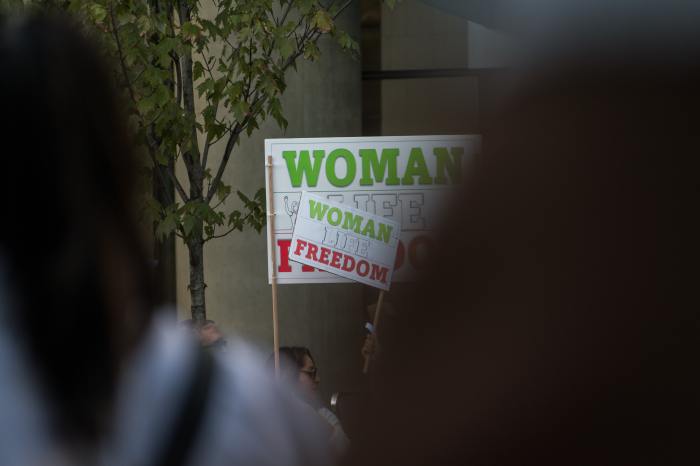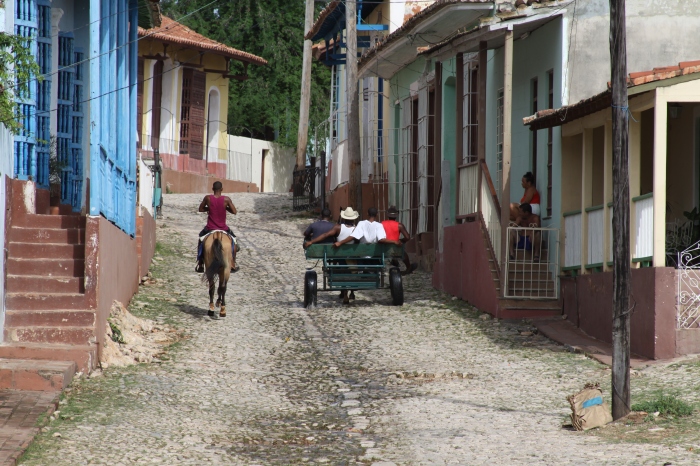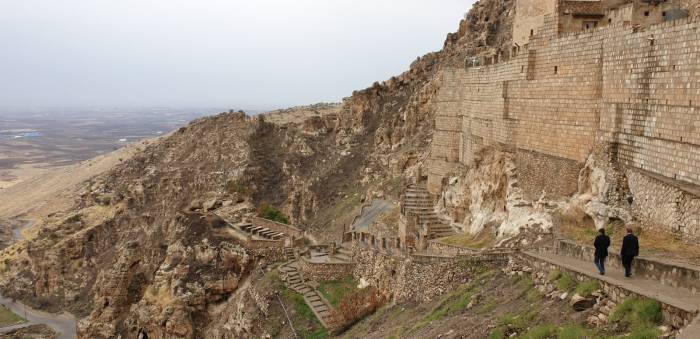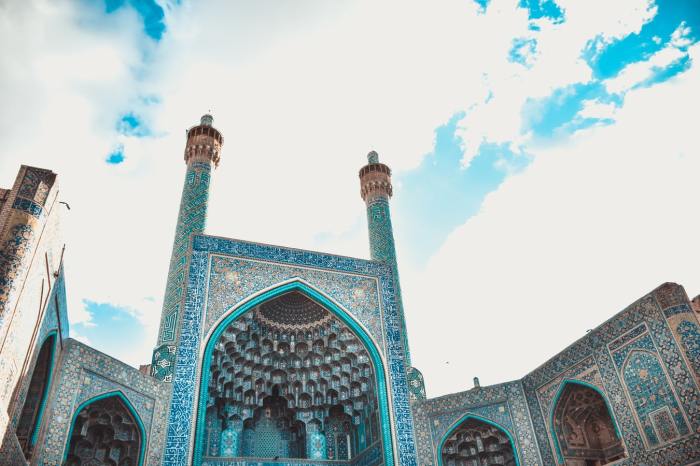Iran is enduring its most turbulent period since the 2019-2020 pro-democracy protests, with gender equality and a lack of freedom of religion or belief at its very core.
Since September 2022 distressing news reports have been emerging of violence meted out on Iranian citizens protesting for change – the arbitrary application of the death penalty, extrajudicial killings (including of minors), maiming, excessive sentencing, and the suspicious deaths of several protestors after being released from detention, to highlight a few.
In the face of these violations an initially slow and largely reactive international response accelerated, and a special session of the UN Human Rights Council in November 2022 which established an independent, international fact-finding mission to investigate alleged human rights violations related to the protests, was followed by Iran’s expulsion from the UN Commission on the Status of Women in December 2022. Then in January 2023 the United States, the United Kingdom and the European Union announced sanctions on 10 additional Iranian individuals and one additional Iranian entity.
Continue reading “‘Woman, Life, Freedom’ – Iran faces a crisis with freedom of religion or belief and gender equality at its core”



